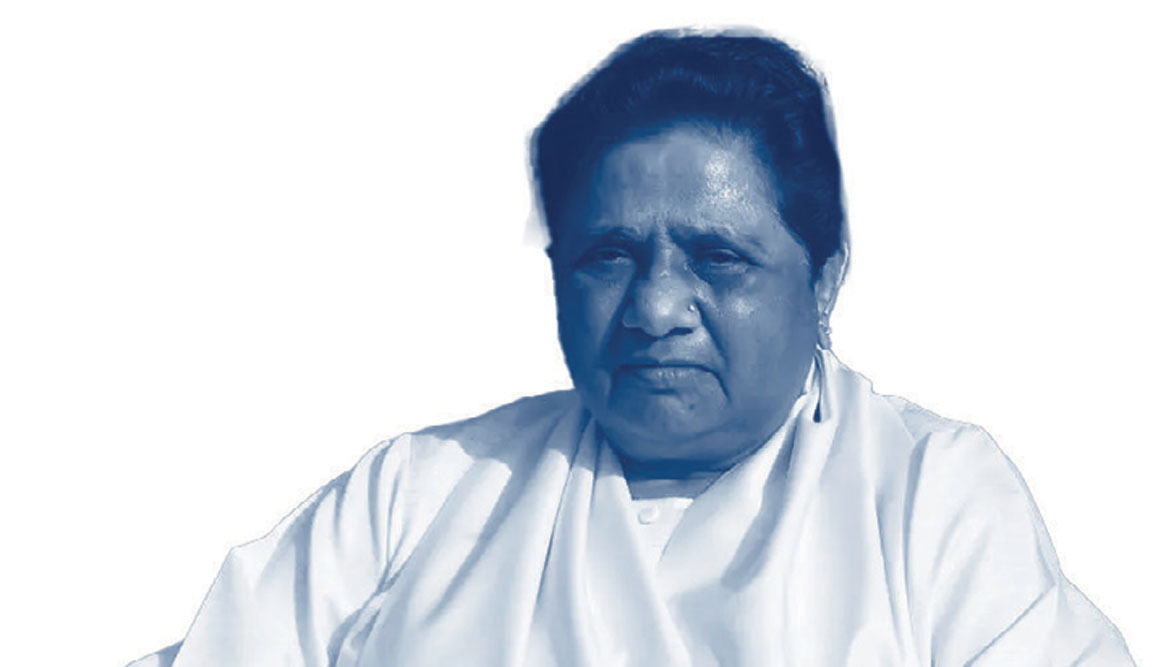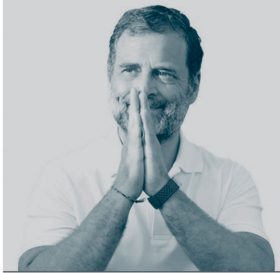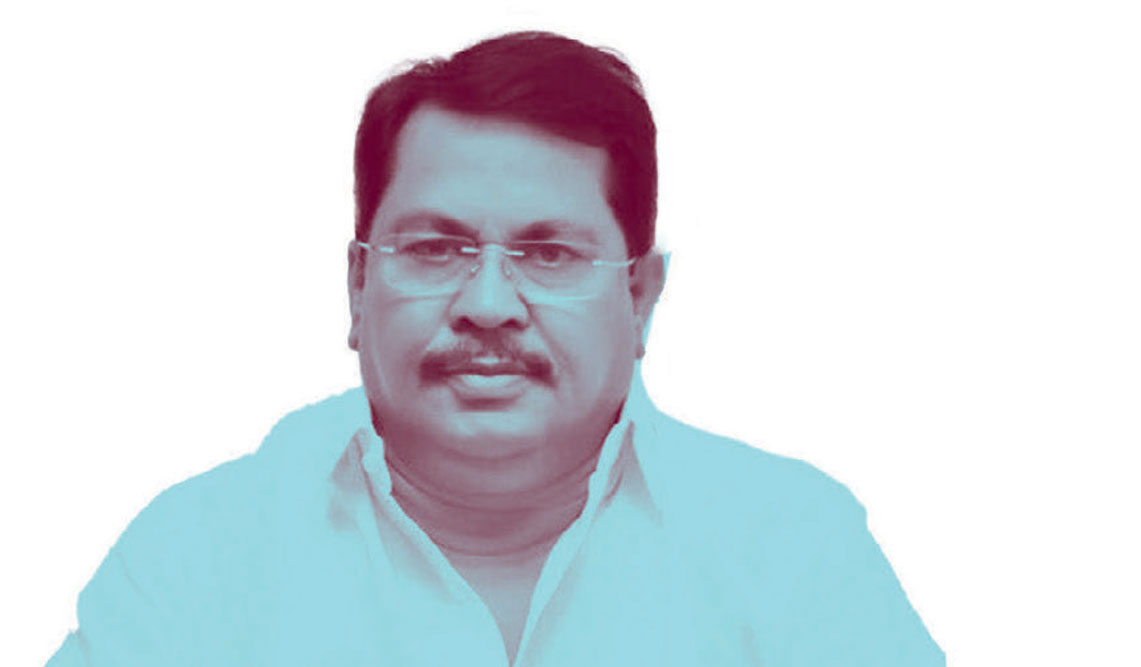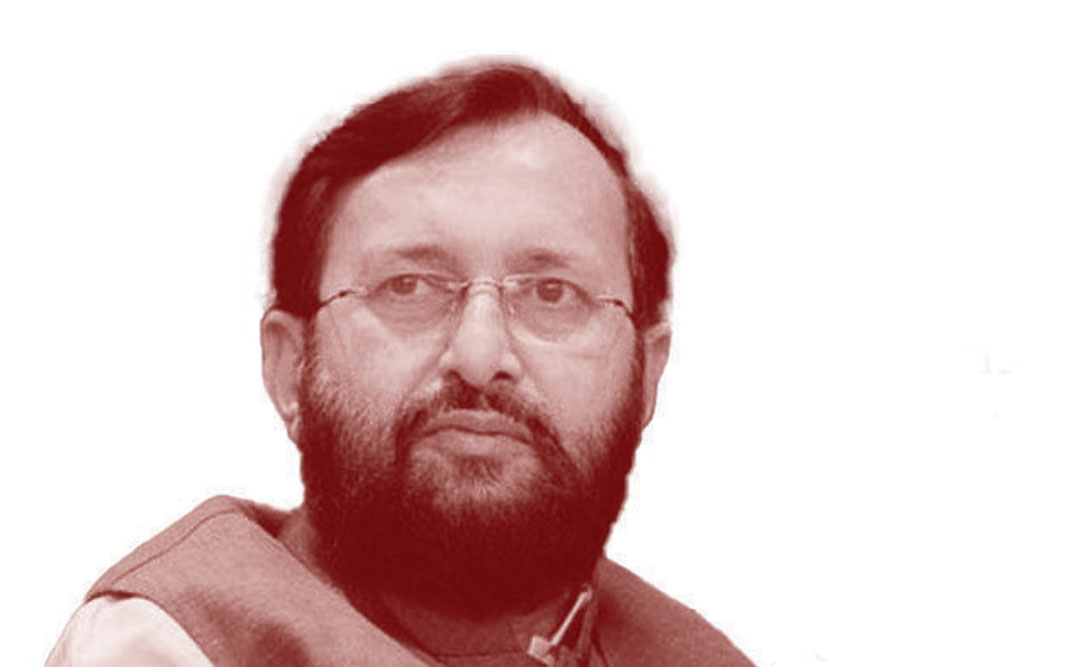Columns | Insider
Modi and the Muslim Veto
While it is unlikely Muslim opinion will change anytime soon, Modi has made a start with what can be defined as an honest outreach
 Open
Open
 Open
10 May, 2024
Open
10 May, 2024
![]()
(Illustrations: Saurabh Singh)
Prime Minister Narendra Modi’s appeal to the Muslim community to reflect on a mindset that amounts to a desire to hold a veto over who holds the reins of power is the clearest statement by a BJP leader on the politics of minorityism in a long while. In the course of an interview with a leading television channel, Modi asked if Muslims were prepared to consider if the thinking within the community was not impacting the future of their children. “I don’t want some community to live like bonded labour, because someone is creating a scare,” he said, suggesting the choices of Muslim voters were self-limiting. He also asked them to meet and mix with BJP cadres. “If you think BJP people are scary… spend a day at the BJP office. Will you be rejected? Who will turn you out?” Modi said. Prefacing his remarks by saying he has never spoken in this manner before, the prime minister said he wants educated and aware members of the Muslim community to consider why it has not received its due. “Is it the case that you became victims of misfortune during Congress’ tenure in office?” he asked. The responses came in the wake of Modi’s no-holds-barred attack on Congress for instituting unconstitutional quotas along religious lines at the cost of OBCs, Dalits and tribals and for a redistribution agenda outlined by the party’s manifesto commitments. His reference to Muslims being preferred beneficiaries of Congress programmes set off a stormy debate with BJP accused of ‘polarising’ the election. BJP leaders responded by pointing to Congress leader Rahul Gandhi’s statements which they say leave no room for ambiguity about the promised redistribution of national resources that smacks of a class war. Modi’s forceful appeal is backed by studies that show the Muslim community to be equal beneficiaries of Central schemes to provide cooking gas, housing, and free rations. Since the socio-economic status of Muslim families suffers in comparison to other religious groups, Muslims often ‘self-select’ for welfare schemes that define eligibility on grounds of poverty rather than religion or caste. While it is unlikely Muslim opinion will change anytime soon, Modi has made a start with what can be defined as an honest outreach.
BSP’s Bleak House

With its somewhat insular style, BSP seems to be a fleeting presence in media reporting on the elections. Of course, the media too is more focused on parties like SP and Congress, despite the latter’s much-reduced footprint in UP. BSP leader Mayawati’s decision to go it alone is being discussed among voters in the state and the conclusion is not encouraging for the party. In 2019, an alliance with SP saw BSP winning 10 seats while the former won five. This time round, BSP is not likely to benefit from such a convergence of anti-BJP votes as happened in 2019, raising doubts whether it will get even half the tally it had won. Meanwhile, Mayawati’s designated inheritor-nephew Akash Anand found himself in the cold with his aunt announcing that his status stands cancelled until he displays maturity. He had landed in controversy with a speech wherein he said the Union government comprises of terrorists and urged followers to set upon rivals with shoes. Uttar Pradesh Police took note of the remarks and registered a case following which Anand stopped public appearances. All in all, the outlook appears bleak for BSP.
Flight From Amethi

Congress finally settled the issue of which Gandhi will contest (or not) from Rae Bareli and Amethi, with Rahul Gandhi filing his nomination from the former constituency. Some commentators noted that the decision, despite the suspense preceding it, goes beyond defending family turf. It signals the commitment of Congress to remain in the fray in North India and in Uttar Pradesh (UP) in particular. But all the commentaries are unable to clearly explain why Rahul chose to side-step Amethi despite claims by party functionaries that the constituency is keen to reconnect with the Gandhis. Indeed, Amethi would have been a tough call with incumbent MP Smriti Irani being a formidable opponent. But while Rae Bareli is the easier option, it is not a cakewalk either. Rival contestants are unlikely to let the Congress leader forget his less-than-flattering remarks about Varanasi and, above all, his decision to not only not attend the consecration of the Ram Mandir but to run it down as an Ambani and Adani event while inaccurately claiming that Bollywood star Aishwarya Rai Bachchan attended the ceremony. Rae Bareli is set to be a high-stakes battle.
Congress’ Self-Goal

The electoral scene in Maharashtra resembles a mud pit with two factions each of NCP and Shiv Sena in the fray along with BJP and Congress. Despite the apparent confusion, BJP has managed to enlarge its electoral tent by partnering NCP leader Ajit Pawar and the Sena led by Chief Minister Eknath Shinde. The opposition’s cause has not been helped by Congress leader Vijay Wadettiwar, who alleged that Mumbai cop Hemant Karkare was killed by a policeman linked to RSS during the 26/11 attacks. The claim has been supported by Congress leader Digvijaya Singh in the past. At the time, Karkare’s wife Kavita Karkare had dismissed Singh’s remarks and Congress had distanced itself from the leader, too. Kavita Karkare disputed Singh’s claim that her husband spoke to him and said the officer had attracted the anger of both Muslim and Hindu radicals in the course of investigations into various cases. The suggestion that Karkare was killed by a Hindu zealot rather than two of the 26/11 attackers—Ajmal Kasab and Ismail—sparked fresh outrage and provided BJP plenty of new ammunition to target Congress as an irresponsible party that cannot be trusted on national security matters.
BJP’s Kerala Googly

There is persistent talk of what the results in Kerala will be. BJP state in-charge Prakash Javadekar feels that the party has certainly turned the state’s bipolar polity into a triangular one and is hopeful of its prospects in three to four seats. But more than the actual wins, which are in the realm of speculation, Javadekar is pleased with the controversy that followed his meeting with LDF convenor EP Jayarajan. The meeting embarrassed the Left and despite Jayarajan’s clarifications that he has no truck with BJP, the incident itself has not been denied. Javadekar has maintained silence on the meeting but sources close to the leader said that the meeting demonstrates BJP is no longer a political untouchable in the state and has gained sufficient strength in terms of voters no longer inclined to consider LDF or UDF on the grounds that neither is willing to confront Islamist
influences in the state.
More Columns
What does the launch of a new political party with radical background mean for Punjab? Rahul Pandita
5 Proven Tips To Manage Pre-Diabetes Naturally Dr. Kriti Soni
Keeping Bangladesh at Bay Siddharth Singh